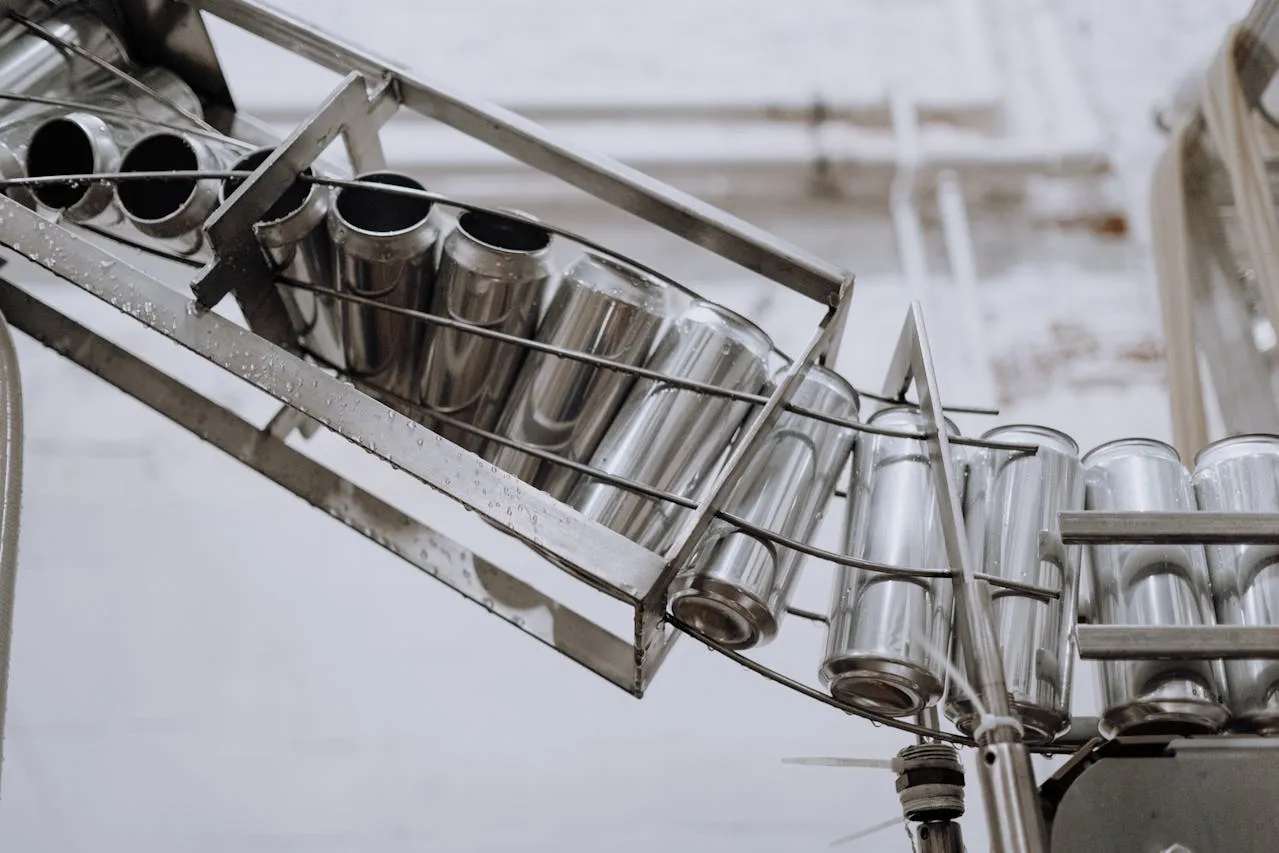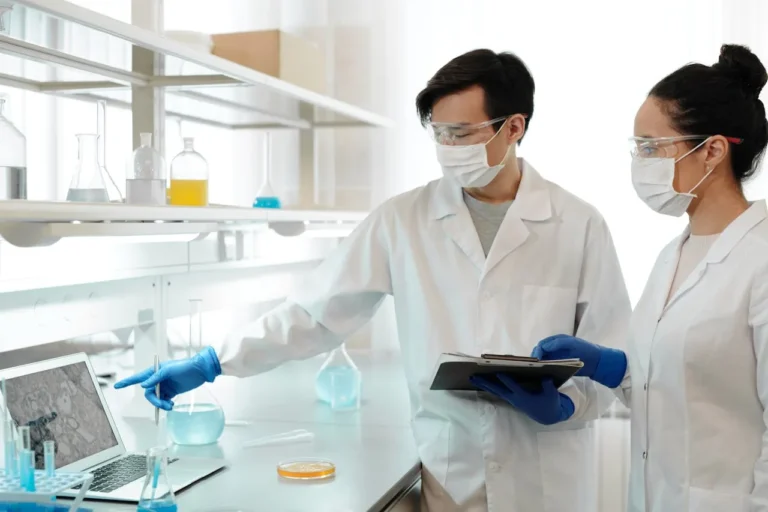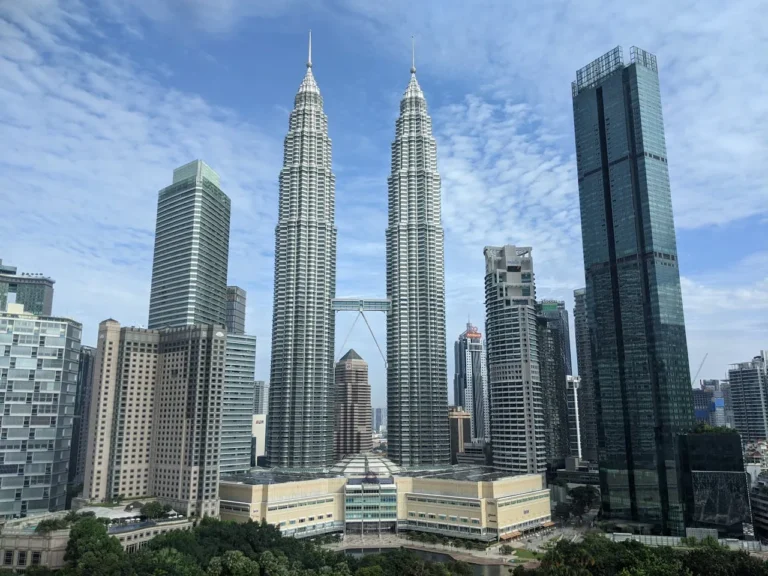
JFE Steel, Mitsubishi Gas Chemical, and Mitsubishi Chemical Collaborate on Carbon Recycling at Mizushima Complex
JFE Steel Corporation, Mitsubishi Gas Chemical Company, and Mitsubishi Chemical Corporation have signed a groundbreaking Memorandum of Understanding (MOU) to develop an innovative carbon recycling supply chain at the Mizushima Complex, located in Kurashiki City, Okayama Prefecture. This collaboration marks an important step in reducing greenhouse gas emissions and advancing the transition to a sustainable, circular economy. The three companies will work together to produce methanol from by-product gases emitted during steel manufacturing and convert that methanol into propylene, a key raw material used in plastics production.
The Demonstration Project: A New Era of Carbon Recycling
Set to begin in fiscal year 2026, the Demonstration Project will focus on the production of methanol using by-product gases from JFE Steel’s steel manufacturing processes. These gases, which would otherwise be released into the atmosphere, will be captured and utilized by Mitsubishi Gas Chemical to create methanol at a newly constructed demonstration plant. Mitsubishi Chemical will then use the methanol in its proprietary process to produce propylene, a vital chemical used in the manufacturing of plastics.
This project is a significant step forward in the industrial sector’s efforts to reduce CO₂ emissions. The integration of the steel and chemical industries in this collaboration represents a pioneering effort to utilize carbon dioxide (CO₂) from industrial processes as a feedstock for valuable chemicals, thus creating a new, sustainable supply chain for both sectors.
Addressing Climate Change: Reducing Greenhouse Gas Emissions
Reducing greenhouse gas emissions in the industrial sector is essential in combating climate change. The steel industry, in particular, faces significant challenges in reducing emissions due to its energy-intensive processes. However, JFE Steel and its partners are making substantial strides in addressing this issue. The steel manufacturer is already investing in cutting-edge technologies such as ultra-innovative blast furnaces and high-efficiency electric arc furnaces, which aim to improve energy use and reduce CO₂ emissions.
Another crucial part of their strategy is exploring Carbon Capture, Utilization, and Storage (CCUS) technologies, which allow for the capture and storage of CO₂ from industrial processes. The methanol produced in the Demonstration Project will not only help reduce emissions but could also serve as an alternative fuel source for industries such as shipping, further contributing to the reduction of carbon emissions.
Methanol as a Key Ingredient in the Circular Economy
Methanol is a vital building block for the chemical industry. It is used in the production of various chemicals, including formaldehyde, acetic acid, and plastics. What makes methanol particularly promising is its ability to be produced from captured CO₂, as well as other renewable resources. This gives methanol the potential to play a significant role in reducing global greenhouse gas emissions and driving the transition toward a circular economy.
The Japanese chemical industry currently produces ethylene and propylene from fossil-based raw materials, but the Methanol to Olefin (MTO) process has gained attention as a promising alternative. By using methanol derived from captured CO₂, this process could reduce dependence on fossil fuels and pave the way for carbon-neutral production of essential chemicals, including the propylene needed for plastic manufacturing.
Collaborative Efforts at the Mizushima Complex
The Mizushima Complex is an industrial hub that houses the business operations of all three companies involved in the Demonstration Project. The region is home to a concentration of diverse industries, making it an ideal location for cross-industry collaboration on CO₂ utilization and sustainability initiatives.
By working together, JFE Steel, Mitsubishi Gas Chemical, and Mitsubishi Chemical aim to create a model for carbon recycling that other industries can adopt. This collaboration will not only help reduce emissions within the steel and chemical sectors but could also serve as a blueprint for other industries seeking to integrate carbon-neutral practices into their operations. Furthermore, the three companies are open to collaborating with other businesses within the Mizushima Complex to drive broader environmental sustainability efforts and help achieve carbon neutrality across the entire industrial zone.
Building a Sustainable Future: JFE Steel’s Commitment to Climate Change
JFE Steel has made addressing climate change a central part of its corporate strategy. As part of its JFE Group Environmental Management Vision 2050, the company is committed to achieving carbon neutrality by 2050. To achieve this goal, JFE Steel is investing in the development of cutting-edge technologies like carbon-recycled blast furnaces and large, high-efficiency electric arc furnaces. Additionally, the company is exploring CCUS technologies and expanding its collaborations with other businesses to accelerate the development of a CCUS value chain both in Japan and abroad.
Through its collaboration with Mitsubishi Gas Chemical and Mitsubishi Chemical, JFE Steel hopes to make significant strides toward achieving its environmental goals and contribute to the global fight against climate change.
Mitsubishi Gas Chemical: Leading Innovation in Environmental Sustainability
Mitsubishi Gas Chemical (MGC) is a technology-driven company with a strong focus on sustainability and decarbonization. MGC manufactures a wide range of products, from basic chemicals like methanol and hydrogen peroxide to advanced materials for electronics and engineering plastics. The company has developed proprietary technologies that enable it to produce more than 90% of its products using innovative, sustainable methods.
As part of its commitment to environmental responsibility, MGC is actively promoting decarbonization through the development of circular carbon methanol (Carbopath™), which will play a key role in the Demonstration Project. The company’s mission, “Creating value to share with society,” underpins its dedication to contributing to a circular economy and reducing greenhouse gas emissions.
Mitsubishi Chemical: Advancing the Circular Economy
Mitsubishi Chemical is equally committed to realizing a circular economy and achieving carbon neutrality by 2050. The company has developed unique technologies to produce propylene directly from methanol, a process it jointly developed with JGC Corporation. This technology will be integral to the Demonstration Project, where Mitsubishi Chemical will use the methanol produced from JFE Steel’s by-product gases to evaluate its compatibility with its propylene production process.
By using methanol as a feedstock, Mitsubishi Chemical aims to reduce its reliance on fossil fuels and contribute to the development of a sustainable and carbon-neutral chemical industry.
Conclusion: A Vision for the Future
The collaboration between JFE Steel, Mitsubishi Gas Chemical, and Mitsubishi Chemical represents a significant leap forward in the effort to reduce industrial CO₂ emissions and promote the circular economy. The Demonstration Project at the Mizushima Complex offers a promising model for carbon recycling that could have far-reaching implications for other industries.
As these three companies work together to create a sustainable supply chain for methanol and propylene production, they are helping to pave the way for a future where industries across Japan—and the world—can reduce their carbon footprints and contribute to the fight against climate change. With a shared commitment to innovation, decarbonization, and sustainability, the project is poised to make a meaningful impact on the global environmental landscape.







